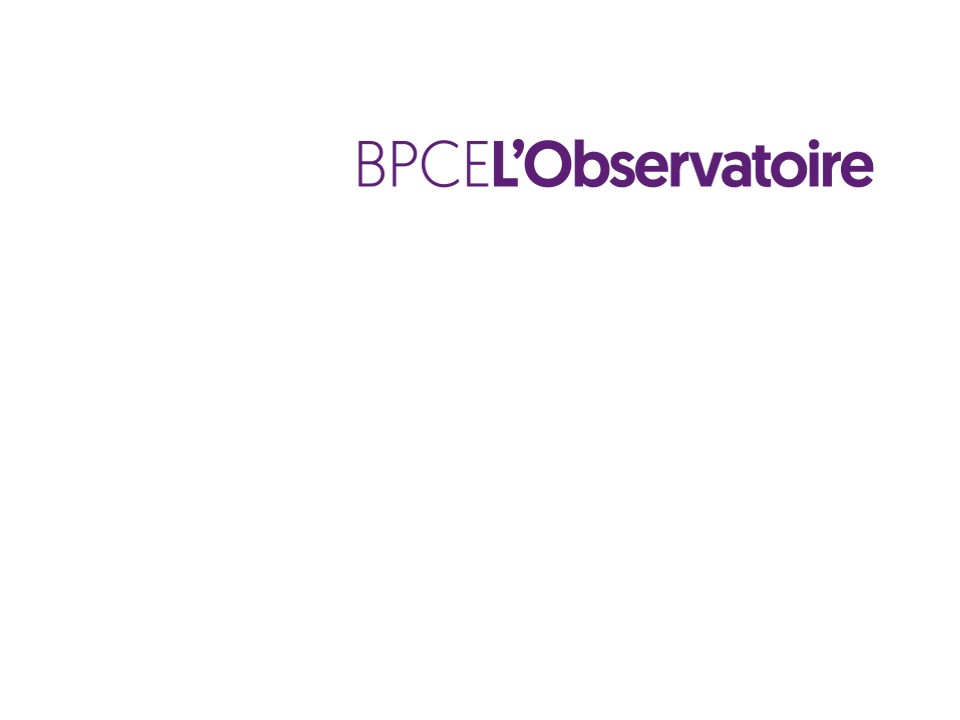

Agriculture-Viticulture: despite improvements, the sector remains on edge
[July 2023] BPCE L'Observatoire is publishing the results of the 3rd edition of its Agriculture-Viticulture survey, conducted by telephone with 1,251 farm managers in early 2023, in collaboration with the BVA Institute.


A volatile environment
The economic signals received from the sector have improved over the past two years, notably in terms of productive activity and income, but the profitability of farms and vineyards remains a major concern against a backdrop of uncertainty:
- The inflationary shock has been severe for 8 out of 10 farmers/winegrowers, forcing some to cut back on their activities and investments while others have benefited from higher market prices.
- Inflationary pressures are being compounded by difficulties in recruitment, notably for seasonal workers: 7 out of 10 employers report at least one human resources issue.
- Approximately half of farmers/winegrowers say that weather conditions are having an impact on the operational management of their business (production techniques, investment strategy, etc.).
This environment is depressing the outlook for investment over the next 2 years, down by around 15 points compared to 2021. A sign of the times, energy is the 2nd most important investment item after the acquisition or renewal of equipment, and the only one that has increased vs. 2021. In fact, 19% of farmers/winegrowers are currently energy producers, and this proportion is expected to continue to rise, including among small and medium-sized farms.
Diversification and sustainable agriculture: stagnation in the wider adoption of practices
With the notable exception of energy production, there has been no progress in the diversification of activities: as in 2021, 45% of farmers/winegrowers already pursue non-agricultural or para-agricultural activities (energy production, direct sales, tourism, processing of agricultural produce, second job outside the farm).
Diversification via direct sales is well established in viticulture and market gardening (a practice adopted by over 40% of farms and vineyards). While its expansion seems limited considering the weakness of intentions to make new commitments in this area, working methods have been changing with the adoption of online sales and the acceptance of new payment methods (credit cards, credit transfers, etc.). In both these respects, however, farmers/winegrowers are still lagging behind other sectors, leaving considerable room for improvement.
The spread of sustainable farming practices has slowed down considerably, starting with the organic sector: conversion intentions have suffered a sharp decline (4% vs. 8% in 2021) and 11% of producers currently active in organic farming are planning to withdraw from the sector within the next 5 years. In contrast, however, the proportion of farmers/winegrowers who say they are committed to agroecology remains stable (49% vs. 51% in 2021). We are probably witnessing a two-pronged trend: on the one hand, the growth crisis affecting the organic market and the pressing need to adapt to changes (energy, inflation, etc.) are discouraging farmers from risking a radical change in their business models, and newcomers starting operations in sustainable agriculture are consequently more cautious; on the other hand, farmers, such as winegrowers, who have long been committed to this approach, are convinced of its economic and social relevance and hope to deepen their commitment in this area.
The challenge of generational renewal in the background
Half of all farmers/winegrowers are more than 55 years of age and expect to retire within the next 10 years, with 26% already planning to stop working on their farm within the next 5 (up from 21% in 2021). The principal subjects of concern for 35% of farmers/winegrowers (+7 pts vs 2021) are retirement and the transfer of ownership of their activities. Despite these worries, only 41% of farmers/winegrowers feel that the transmission of their farm is a settled matter, a proportion down from the 2021 level (-4 pts vs 2021).
The question of generational renewal is shaping up to be a massive problem, and the horizon is drawing closer. The challenge is twofold: older farmers/winegrowers tend to invest less in the short term and to fall behind in adapting their properties to climatic and socio-economic challenges. And yet, settling the transfer of ownership is a key factor in preserving the competitiveness of agricultural and winegrowing businesses: 55% of farmers/winegrowers over the age of 55 who have already settled the question of the transfer of their businesses have 2-year investment plans compared with less than a third of those who have left this question unresolved. In the medium term, with the renewal of the generations, what is at stake is the transformation of business models enabling the sector to navigate successfully the major transitions facing the farming and winegrowing industries.